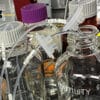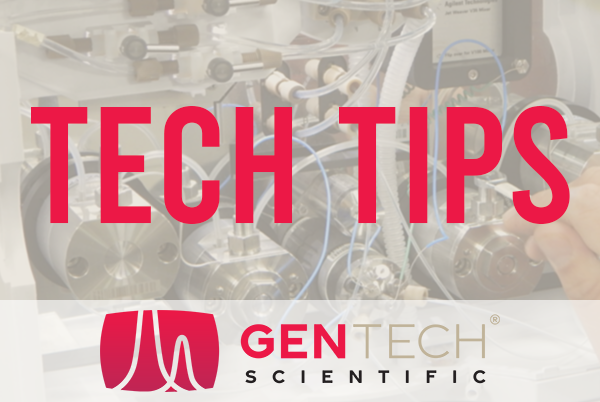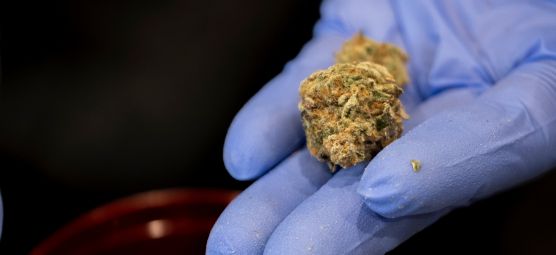To ensure consumer safety and product quality, New York State has established and maintains stringent testing regulations for the cannabis industry. All cannabis products intended for sale must undergo comprehensive testing by independent laboratories permitted by the state’s Office of Cannabis Management (OCM). Read on to learn more about NYS cannabis regulations.
Laboratory Accreditation and Permitting
Independent laboratories permitted to conduct cannabis testing in New York must possess a permit from the OCM. Note that the application window for permits closed on March 31, 2023, and the OCM is not accepting new applications at this time.
Permitted laboratories must have proven ISO/IEC 17025 accreditation, thereby confirming their technical competence and the reliability of their testing and calibration results. The application process included a thorough review of the laboratory’s quality control systems, proficiency testing programs, personnel qualifications, and other relevant factors. Permit fees are based upon a laboratory’s gross receipts. For labs not previously operating in New York the previous year, a first-year permit fee of $1,000 applied. Permitted laboratories are also required to notify the OCM of laboratory changes in ownership, location, scope of testing, technical staff, and major testing instrumentation.
See: (1) Part 130 – Cannabis Laboratories. (2) Laboratory Application & Modification Process.
Mandatory Testing Parameters
Each batch of adult-use and medical cannabis final products must be tested for a range of analytes and contaminants as specified by the OCM. The required testing includes, but is not limited to:
- Cannabinoid Profile: Quantification of cannabinoids such as THC, CBD, and CBN.
- Contaminants: Screening for heavy metals (e.g., lead, arsenic), pesticides, residual solvents, mycotoxins, and microbiological contaminants.
- Other Analyses: Assessment of moisture content, water activity, terpenoid profile, and any additional analytes as determined by the OCM.
The OCM provides detailed guidelines on acceptable limits and approved testing methods for each analyte, which laboratories must adhere to in their analyses.
Testing is NOT required on harvested flower batches prior to processing or packaging as a cannabis final product for sale to consumers.
See: (1) Required Testing. (2) Laboratory Guidance, Standards and Approved Methods. (3) Cannabis Product Sampling and Laboratory Testing FAQ.
Sampling and Transport Procedures
Licensed laboratory sampling firms are responsible for obtaining representative samples from cannabis batches for testing. These firms must follow OCM-approved sampling standards to ensure the integrity and representativeness of the samples. Strict protocols govern the handling and security of the samples. During transport samples must be maintained under conditions that prevent contamination or degradation.
See: (1) Cannabis Sampling Quality System Standard. (2) Cannabis Product Sampling and Laboratory Testing FAQ.
Reporting and Compliance
Upon completion of testing, laboratories are required to issue a Certificate of Analysis (COA) summarizing the analytical results. This COA must be provided confidentially to the entity that submitted the sample and reported to the OCM within 48 hours of issuance. The COA includes essential information such as the laboratory’s details, sample identification, testing methods employed, and the results for each analyte tested.
See: Cannabis Product Sampling and Laboratory Testing FAQ. (Scroll to Q 40).)
These regulations are designed to uphold the safety, quality, and consistency of cannabis products available in New York State. This ensures that consumers have access to products that meet rigorous standards.
More Resources:
- Cannabis Laboratory Quality System Standard.
- Cannabis.gov | Cannabis Laboratories
- Laboratory Instruments for the Cannabis Lab
Not in New York State? Check regulations for your state here.






